Great Issues in Western Civilization
12 $
- نام کتاب: Great Issues in Western Civilization
- نام فارسی: مشکلات اساسی در تمدن غرب
- نویسنده: دونالد کاگان، پیرس ویلیامز
- ناشر: McGrow Hill
- نوع جلد: Paper Cover
- وضعیت: نو
1 عدد در انبار
Great Issues in Western Civilization
Great Issues in Western Civilization یکی از منابع جامع و معتبر در حوزه تاریخ تمدن غرب است که به بررسی مهمترین رویدادها، ایدهها و شخصیتهای تأثیرگذار در شکلگیری تمدن غربی میپردازد. این کتاب بهعنوان یک منبع درسی در دانشگاهها مورد استفاده قرار میگیرد و به تحلیل تحولات اجتماعی، سیاسی، فرهنگی و اقتصادی غرب از دوران باستان تا دوره معاصر میپردازد.
مروری بر محتوای کتاب Great Issues in Western Civilization
این کتاب مجموعهای از مقالات، اسناد تاریخی و تحلیلهای پژوهشی است که به بررسی مسائل کلیدی تمدن غربی میپردازد. نویسندگان مختلف در این اثر به بررسی ایدههای فلسفی، تحولات سیاسی و اقتصادی، و تأثیرات فرهنگی بر تمدن غرب پرداختهاند.
موضوعات کلیدی کتاب: Great Issues in Western Civilization
- تمدن یونان و روم باستان: بررسی نظامهای حکومتی، فلسفه و تأثیرات فرهنگی این تمدنها بر تاریخ غرب.
- قرون وسطی و کلیسا: نقش دین، فئودالیسم و تحولات فرهنگی و فکری در این دوران.
- رنسانس و اصلاحات دینی: تغییرات فکری و علمی، ظهور اومانیسم و تأثیر اصلاحات پروتستانی.
- انقلاب صنعتی و پیامدهای آن: تحول در ساختارهای اجتماعی و اقتصادی غرب.
- جنگهای جهانی و تحولات قرن بیستم: بررسی دلایل، پیامدها و تأثیرات این جنگها بر تمدن غربی.
- مدرنیسم و چالشهای معاصر: نگاهی به تأثیرات جهانیشدن، دموکراسی و پیشرفتهای تکنولوژیکی.
چرا مطالعه Great Issues in Western Civilization مهم است؟
- منبعی جامع برای درک تمدن غربی: این کتاب چشمانداز جامعی از مهمترین رویدادهای تاریخی و فلسفی غرب ارائه میدهد.
- تحلیل عمیق بر اساس اسناد تاریخی: استفاده از منابع اصلی و مقالات معتبر، خواننده را با دیدگاههای مختلف آشنا میکند.
- مناسب برای دانشجویان و پژوهشگران: اگر به تاریخ، فلسفه، علوم سیاسی و مطالعات تمدنی علاقهمند هستید، این کتاب یکی از بهترین منابع برای مطالعه است.
راههای خرید و تهیه کتاب Great Issues in Western Civilization
📖 خرید نسخه چاپی:
- این کتاب در فروشگاههای بینالمللی مانند Amazon و Barnes & Noble موجود است.
- برخی کتابفروشیهای دانشگاهی نیز نسخههایی از آن را عرضه میکنند.
📱 دسترسی به نسخه الکترونیکی (Ebook):
- نسخه دیجیتال در سایتهایی مانند Google Books، Kindle (Amazon) و Kobo قابل تهیه است.
- ممکن است برخی پایگاههای علمی و دانشگاهی نیز این کتاب را ارائه دهند.
📚 امکان دانلود رایگان نسخههای قدیمی:
- در Project Gutenberg، Internet Archive و Open Library ممکن است بتوانید نسخههایی از این کتاب را بهصورت رایگان مطالعه کنید.
جمعبندی
کتاب Great Issues in Western Civilization اثری ارزشمند برای درک تاریخ و تحولات تمدن غرب است. اگر به تاریخ، فلسفه و سیاست علاقهمند هستید، این کتاب میتواند یکی از منابع اصلی شما باشد. با ارائه تحلیلهای علمی و مستندات تاریخی، این اثر کمک میکند تا دیدگاهی گسترده و عمیق نسبت به تمدن غربی و چالشهای آن پیدا کنید.
| وزن | 1.2 کیلوگرم |
|---|---|
| ابعاد | 23 × 16.2 × 3.5 سانتیمتر |

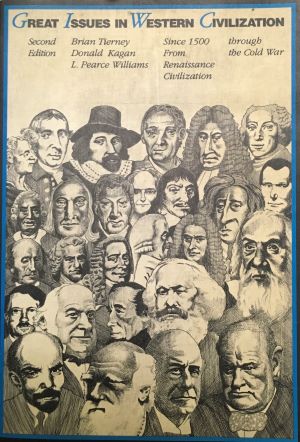


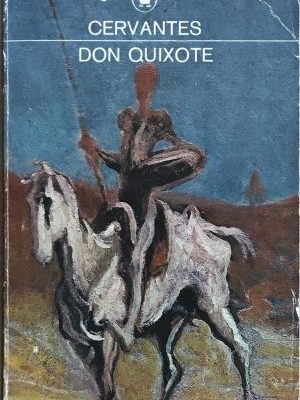
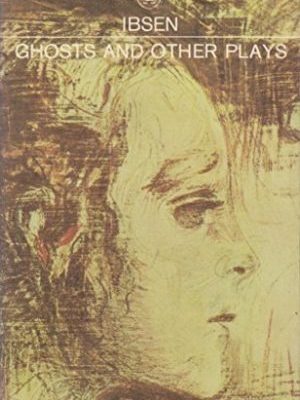
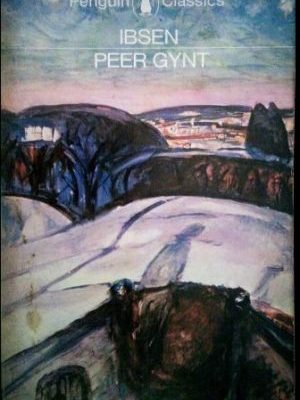

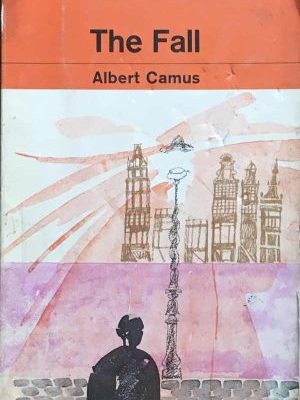

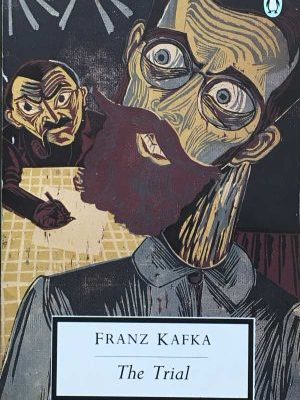
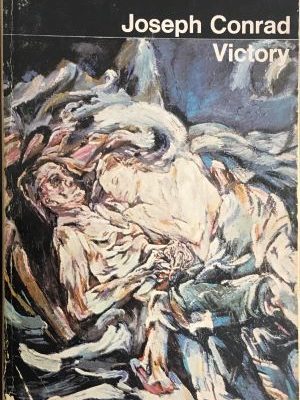
نقد و بررسیها
هنوز بررسیای ثبت نشده است.